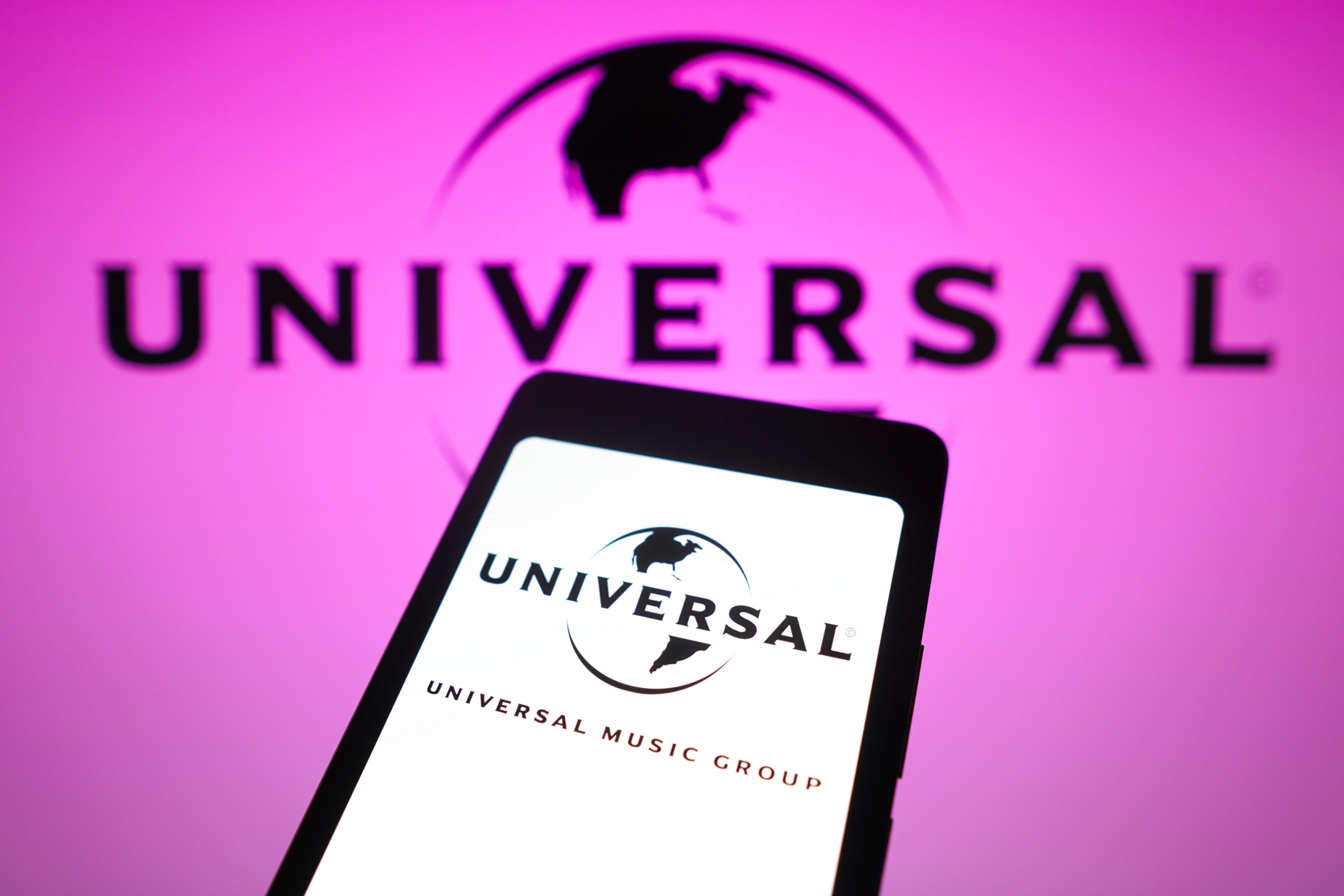The following is an excerpt from the book “The Music Catalog Sales Guide”, by Silvino E. Díaz, Esq. It’s a comprehensive dealmaking guide for artists, companies, and professionals in the music industry. It discusses current trends, as well as tips on how to: organize your assets; structure your team; attract major investors; value your catalog; and prepare to sell.
[ DOWNLOAD THE FREE E-BOOK HERE ]
Universal Music Group (“UMG”) is the largest record company in the world with a market share of 31.9% (2022) and revenues of $10 billion (2023). This music powerhouse boasts a roster of iconic artists, from The Beatles and Taylor Swift to Kendrick Lamar and Billie Eilish.
TikTok, on the other hand, is one of the largest social media platforms in the world, boasting 1.05 billion monthly active users (second only to Facebook, YouTube, WhatsApp, Instagram, and WeChat). It’s the fastest-growing platform of the last five years, valued at more than $250 billion and generating over $110 billion in sales last year.
Universal Music vs TikTok: The Clash and Departure
However, a clash between these titans occurred in January 2024. TikTok’s agreement with UMG terminated, leading to the removal of UMG’s music by the end of February. Renewal talks broke down over issues including artificial intelligence. UMG sought assurances regarding AI-generated music and safeguards against deepfakes, highlighting the evolving legal landscape of music in the digital age.
This wasn’t an isolated incident. In 2008, Warner Music Group pulled out of its YouTube agreement before rejoining nine months later. These disputes showcase the ongoing tension between music rights holders and digital platforms concerning fair compensation and control over creative content.
Consequences of the Standoff
The impact of the UMG-TikTok standoff was significant. UMG argued they received a meager 1% of sales from ByteDance (TikTok’s parent company), with TikTok offering a lump sum instead of a share of revenue. This paled in comparison to payouts from other platforms like Meta and even fitness company Peloton.
For many artists, particularly independent acts who heavily rely on TikTok for promotion, the situation was dire. With UMG music unavailable, some popular TikTok creators saw muted videos and plummeting views, forcing them to shift to other platforms like YouTube. This highlighted the power dynamic between major labels and independent artists, raising concerns about the exploitation of music for corporate gain.
After the pullout, some popular TikTok influencers saw approximately 10% of their content silenced, precipitating a dramatic decline in engagement and prompting a migration towards YouTube’s platform. Nevertheless, it was the independent artists who were hit the hardest since most independent acts relied on TikTok for a large part of their promotion. Some felt that their music was being held hostage for corporate gain.
Resolution and New Agreement
As expected, a few months later, on May 1, 2024, TikTok and UMG announced that they had reached a deal. The components of the new deal can be delineated into two categories: revenue and non-revenue features and arrangements. As for revenue, the parties have not shared specific details such as advertising revenue sharing rates. What has been said is that UMG will be getting more value out of TikTok in the form of other forms of income: e-commerce tools, marketing and promotion campaigns, ad credits, data, artist insights and intelligence, and new programs and collaboration opportunities.
There will also be “content management and attribution” solutions. When TikTok users post videos with sped-up and slowed-down recordings, attribution for the UMG recording will be credited to the artists, instead of any third parties.


